The fact that Korean writer Han Kang has just won the 2024 Nobel Prize in Literature, becoming the first Asian female writer to win this award, marks a further expansion of the influence of "Korean Culture" (K-Culture) in the international community.
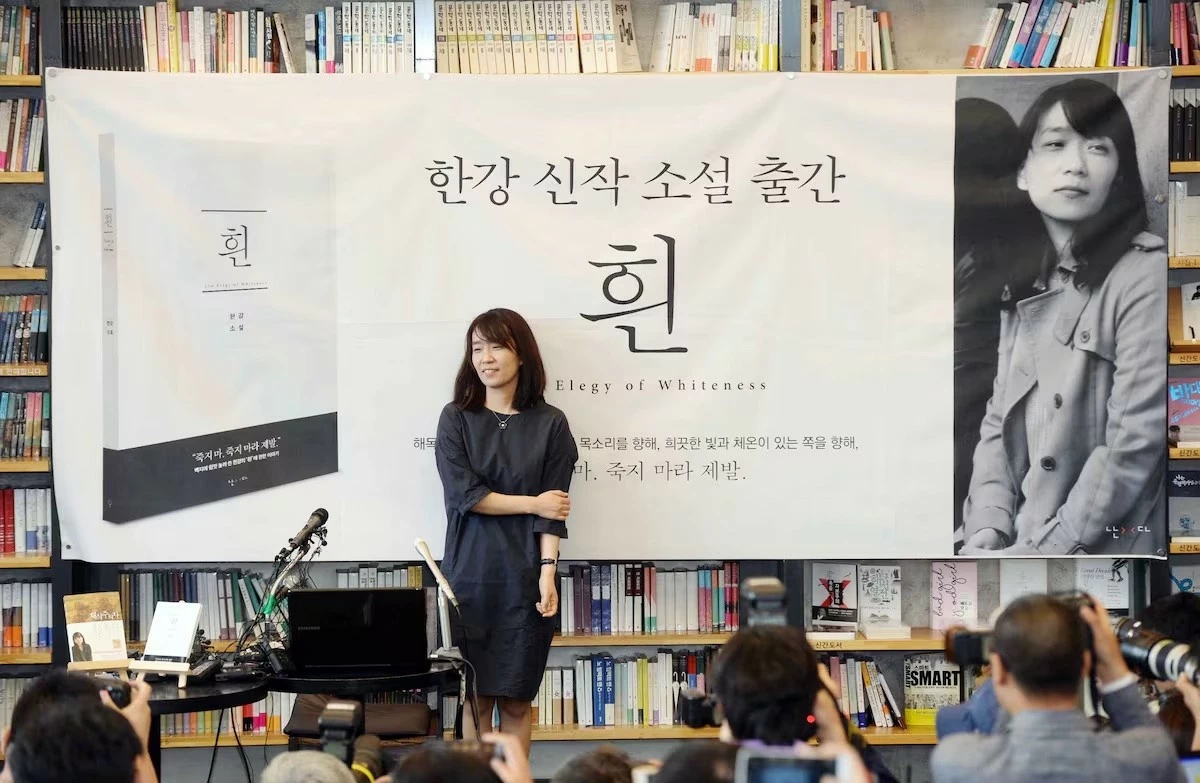 |
| The fact that Korean writer Han Kang has just won the 2024 Nobel Prize in Literature marks the expansion of Korea's influence in the international community. (Source: Kukinews) |
In recent years, the influence of Korean culture is no longer limited to Asia but has continuously expanded to Europe, America, and the Middle East.
According to the Korean press, following the Korean popular culture (K-POP) represented by the BTS group and Korean television series (K-Drama) with the phenomenon Squid Game , Korean food (K-Food) has conquered the taste buds of "food lovers" around the world .
Not only music , movies and cuisine, Korean beauty products (K-beauty) and Korean style (K-Fashion) are eagerly sought after by fashion trendsetters. Even Korean literature has begun to attract attention on the international stage.
In 2020, when the world was in a state of stagnation due to the Covid-19 pandemic, the song Dynamite by Korean boy band BTS topped the US Billboard singles chart, becoming the first Korean band to top the list. Dynamite was considered to bring comfort and hope to young people around the world thanks to its positive lyrics and vibrant musical style.
For BTS, this is just the beginning. With hits like Butter , Permission To Dance and My Universe , they have topped Billboard and become one of the top international boy bands. They have been nominated for a Grammy Music Award three times. In Billboard's recent list of the best pop stars of the 21st century, BTS ranked 19th, currently the highest ranking for a Korean pop singer and the highest for any Asian pop artist.
The Korean drama Winter Sonata, which aired in 2002, created a Korean drama craze across Asia. Even today, more than 20 years later, the drama is still talked about by audiences in Japan and other countries.
In recent years, with the rise of global streaming platforms such as Netflix, the influence of Korean dramas has expanded to Europe, South America, the Middle East, and other parts of the world.
The Korean drama Squid Game, released in 2021, created a global phenomenon and became the most popular drama in Netflix history. Many Korean dramas such as Zombie School , The Glory ... continuously created a fever and were widely welcomed by the audience. The second season of Squid Game, which will be released in December this year, is expected to create another whirlwind of the Hallyu wave.
In the film industry, the South Korean film Parasite, directed by Bong Joon-ho, won the Palme d'Or and the Oscar at the Cannes Film Festival. Thus, 2020 became a memorable year for the Hallyu wave when Parasite won the Oscar for Best Picture, and BTS won 3 Billboard No. 1 singles.
In the field of classical music, there is good news almost every year about Korean musicians winning awards at prestigious international competitions. Pianists such as Cho Seong-Jin (International Chopin Piano Competition) and Lim Yun-Chan (Van Cliburn Competition) have won major competitions consecutively.
South Korea's cultural exports to the world have further boosted its soft power rankings. British magazine Monocle ranked South Korea's soft power second in the world in 2020, behind only Germany.
The enhancement of soft power has directly "transformed" into significant economic efficiency, with South Korea's food exports reaching a new high. From January to September this year, South Korea's agricultural and foodstuff exports reached 10 trillion won (7.4 billion USD), setting a new record. Seaweed rice rolls (gimbap), fried rice cakes (tteokbboki), Korean fried chicken... have also become one of the country's new cultural symbols.
After winning the International Booker Prize for The Vegetarian in 2016, female writer Han Kang has excellently received the Nobel Prize for Literature this year, opening a new era for Korean culture following the success of K-POP, Korean dramas and Korean cuisine.
Cultural critic Kim Kyo-seok believes that Korean culture has gone beyond pure K-POP or K-Food. The literary field, which is known as the "cultural elite", has begun to enter the international arena.
Professor Lee Ji-young of the University of Foreign Studies said the Nobel Prize in Literature could be an opportunity for South Korea to further broaden the vision of cultural workers, moving away from the narrow understanding of "making quick money" and making suggestions to promote Korean culture as a whole.
Source: https://baoquocte.vn/giai-nobel-literature-2024-mo-rong-tam-anh-huong-cua-quyen-luc-mem-han-quoc-289929.html


![[Photo] General Secretary To Lam receives US Ambassador to Vietnam Marc Knapper](https://vphoto.vietnam.vn/thumb/1200x675/vietnam/resource/IMAGE/2025/9/29/c8fd0761aa184da7814aee57d87c49b3)

![[Photo] General Secretary To Lam attends the ceremony to celebrate the 80th anniversary of the post and telecommunications sector and the 66th anniversary of the science and technology sector.](https://vphoto.vietnam.vn/thumb/1200x675/vietnam/resource/IMAGE/2025/9/29/8e86b39b8fe44121a2b14a031f4cef46)
![[Photo] National Assembly Chairman Tran Thanh Man chairs the 8th Conference of full-time National Assembly deputies](https://vphoto.vietnam.vn/thumb/1200x675/vietnam/resource/IMAGE/2025/9/29/2c21459bc38d44ffaacd679ab9a0477c)
![[Photo] Many streets in Hanoi were flooded due to the effects of storm Bualoi](https://vphoto.vietnam.vn/thumb/1200x675/vietnam/resource/IMAGE/2025/9/29/18b658aa0fa2495c927ade4bbe0096df)






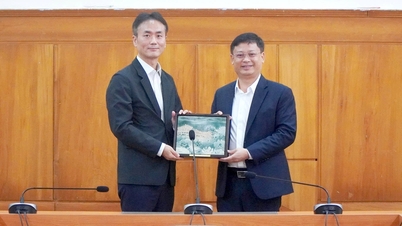



















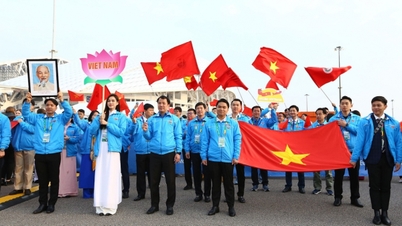






































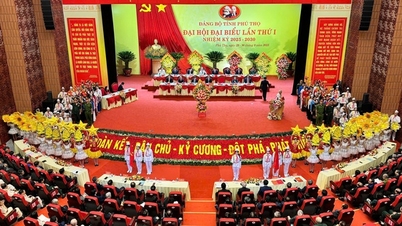





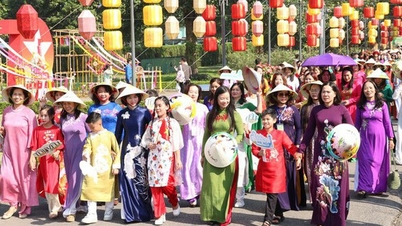





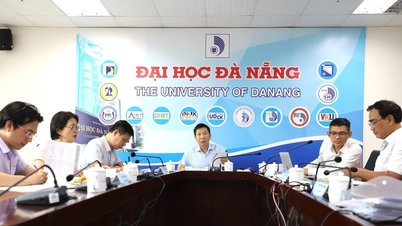




















Comment (0)